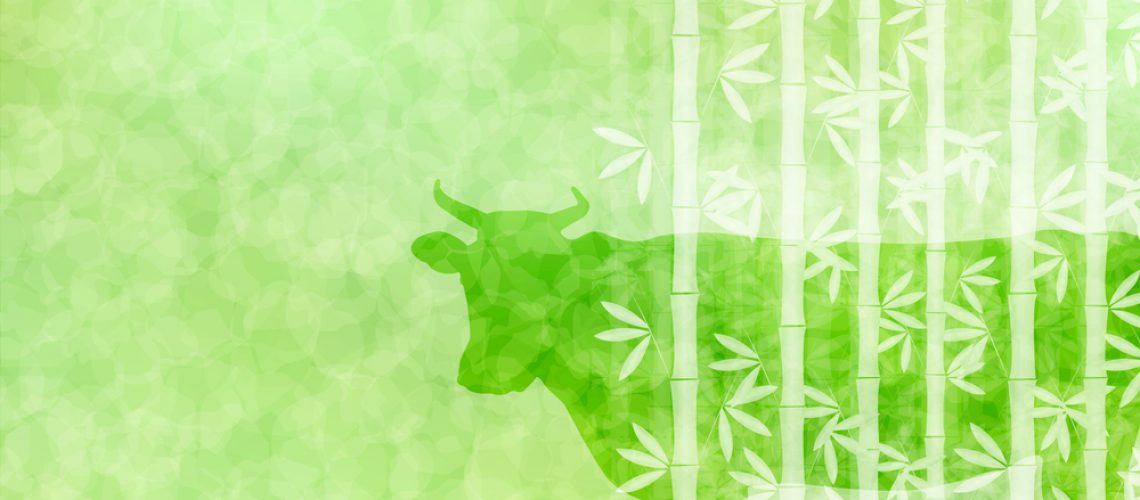There is a bill, HB 3948, in the Texas Legislature that allows hemp to be used for cattle feed. However, while feeding hemp to cattle may seem like a good idea to better promote the hemp industry, all that it takes is a bit of research to find out that it could lead to dangerous outcomes.
First, cannabis plants, which include both hemp and marijuana, are considered “soil scrubbers”. They are used to remove toxins, such as heavy metals, pesticides, radioactive materials, etc. from the soil. While not a well-known practice in the United States, it is used to remediate the soil in countries such as Italy and Russia. What is interesting is the fact that both marijuana and hemp products have been recalled because of high levels of heavy metals and pesticides in the United States. This is not a coincidence because the plant is doing what nature designed it to do, namely, to extract contaminants from the soil. In regard to cattle feed, is hemp therefore a product that can be safely fed to cattle without thorough and verifiable testing for contaminants? Evidence based on “human-grade” cannabis products currently for sale and reportedly tested indicates that the answer to this question is an emphatic “No!”
Second, hemp contains both CBD and THC, although the THC content has to be equal to or less than 0.3% THC with no limits on CBD. Both of these molecules are FDA approved drugs. CBD is available by prescription under the trade name Epidiolex for the treatment of rare forms of epilepsy and THC is available under several trade names for the treatment of end-of-life cancer pain and as an appetite enhancer for AIDS patients. CBD and THC are also fat-soluble, which means in layman’s terms that it will collect in the fatty tissues and organs of the animal that consumes it. Over time, these chemicals can reach higher than expected concentrations and can be released in the animal’s milk or be stored and then later consumed in a slaughtered animal’s fat-laced meat and organs.
Third, CBD and THC are FDA approved prescription drugs. What are especially interesting are the adverse reactions and warnings published by the FDA and manufacturers for these drugs:
- CBD (Epidiolex)
- Adverse Reactions
- Somnolence (sleepiness)
- Decreased appetite
- Diarrhea
- Transaminase (liver enzymes) elevations
- Fatigue
- Malaise and asthenia (weakness)
- Rash
- Insomnia
- Sleep disorder, and poor-quality sleep
- Infections
- Warnings
- Hepatocellular (Liver) Injury
- Somnolense and Sedation (do not drive or operate heavy machinery)
- Suicidal Behavior and Ideation
- Hypersensitivity Reactions
- Pregnancy: Based on animal data, may cause fetal harm
- Adverse Reactions
- THC (Marinol)
- Adverse Reactions
- Abdominal pain
- Dizziness
- Euphoria
- Nausea
- Paranoid reaction
- Somnolence
- Thinking abnormal
- Vomiting
- Warnings
- May cause psychiatric and cognitive effects and impair mental and/or physical abilities (do not drive or operate heavy machinery)
- Patients with cardiac disorders may experience hypotension, hypertension, syncope or tachycardia.
- Seizures and Seizure-like Activity
- Multiple Substance Abuse
- Paradoxical Nausea, Vomiting, or Abdominal Pain
- Pregnancy: May cause fetal harm
- Lactation: Advise HIV-infected women not to breastfeed. Advise women with nausea and vomiting associated with cancer chemotherapy not to breastfeed during treatment with MARINOL and for 9 days after the last dose.
- Adverse Reactions
There is lastly a research paper published in 2008 describing how a group of children in Pakistan were found to have low levels of THC metabolite in their urine after consuming buffalo milk. It was found that the buffalo were consuming cannabis sativa (hemp is a variety of cannabis sativa), which grows abundantly among the other indigenous vegetation in Pakistan. It is assumed that the children were passively exposed to THC and/or its metabolite from the buffalo milk. Something similar could easily occur in Texas if hemp was fed to dairy cattle.
Based on the above facts, it is reckless to allow hemp to be used as cattle feed, unless the state prefers to have another crisis on its hands. Further, anecdotally, there is also some evidence from France that points to the possibility that cannabinoids (CBD and THC) contained in hemp can cause birth defects in the form of missing limbs in cattle. Therefore, before such a bill is passed into law, a thorough scientific and non-partisan investigation on the safety of hemp as cattle feed needs to take place first. However, given the numerous negative side-effects listed for both CBD and THC in FDA literature, maybe simply erring on the side of reason and saying “No” to this bill is all that needs to be done by our elected officials!
Jesse LeBlanc, BSME
Citizens for a Safe and Healthy Texas
